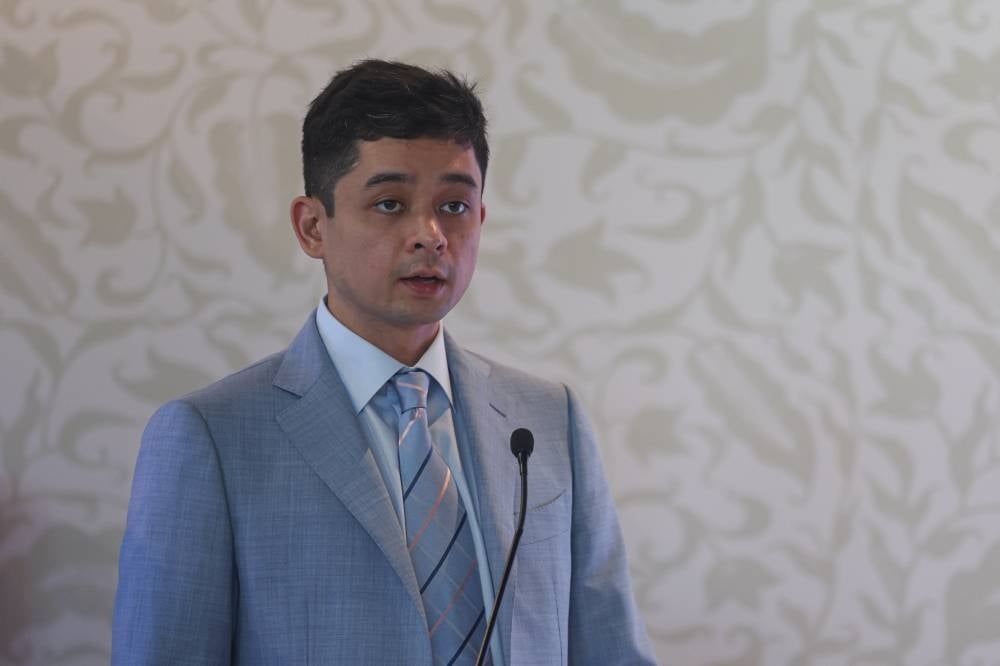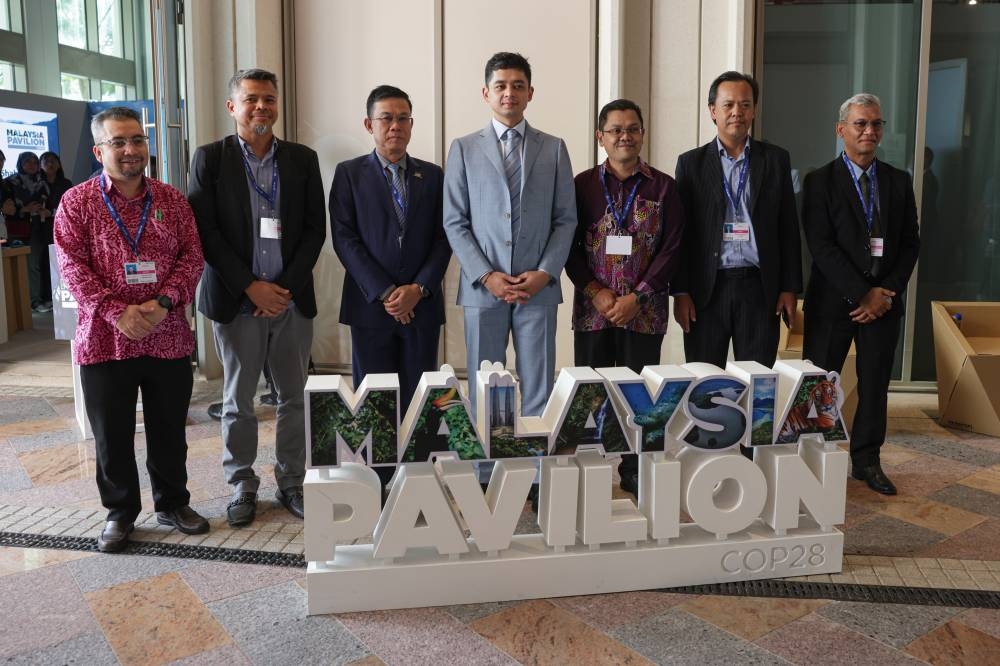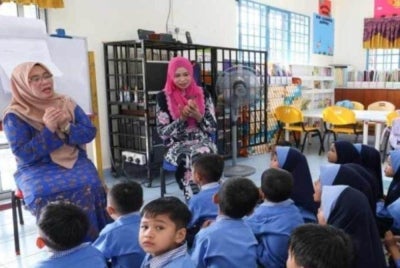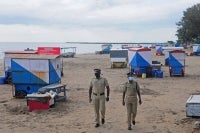Pahang leads state-wide climate commitments with the unveiling of NetZero 2030 at COP28
USHAR DANIELE
DUBAI – Pahang ramps up its climate action commitments by unveiling their official NetZero 2030 campaign at COP28 in Dubai on Saturday.
In a blue suit and a gleaming smile, the Regent of Pahang Tengku Hassanal Ibrahim Alam Shah Al-Sultan Abdullah Ri’ayatuddin Al-Mustafa Billah Shah said a roadmap was underway and assured that it would not only be focusing on its goals of achieving net zero by 2030 but also targets to achieve a surplus by 2050.
In his opening speech at the Malaysian Pavilion, he said the campaign was structured around five pillars namely energy, transportation and built environment, circular and waste, industry and services as well as land use, agriculture and forestry.
The state was also reviewing its policies for renewable energy to be comparable if not better than other states in Malaysia to accelerate its energy transition to achieve Net Zero targets by 2030.
Pahang has identified potential investment opportunities that will propel the state to achieve its objective.
His efforts were not without challenges as the crown prince said that he did face resistance to persuading the state government to embrace NetZero 2030 and the new green economy involves understanding potential alternative revenue streams compared to traditional methods predominantly from logging and mining.
“We cannot cease mining and logging activities entirely but adopting sustainable practices in these sectors is essential,” he said.

The state acknowledges that revenues generated from the new green economy initiatives can supplement and potentially exceed existing revenue streams sustainable and one notable example was the state’s decision to grant a concession of 110,000 hectares of Peat swamps in Pekan.
It aims to sequester carbon credits from the preservation of the peat swamp, demonstrating a viable way for revenue from the green economy to replace traditional income from logging effectively.
In addition to the key focus areas, Pahang was also placing priority on looking into the food sector within the green economy, in particular with goals to introduce modern agricultural practices devoid of pesticides.
Tengku Hassanal said the successful implementation of renewable energy via solar plants in the state will require state-wide policies coupled with a regulatory framework to facilitate the installation of solar farms in a sustainable manner.
“The best way to formulate it is through collaborative efforts between state government and private sectors,” he said, adding that he was confident that the State of Pahang would consider matching the incentives over the use of land for renewable energy facilities to attract investments in renewable energy towards achieving its NetZero 2030 aspirations.
Download Sinar Daily application.Click Here!














